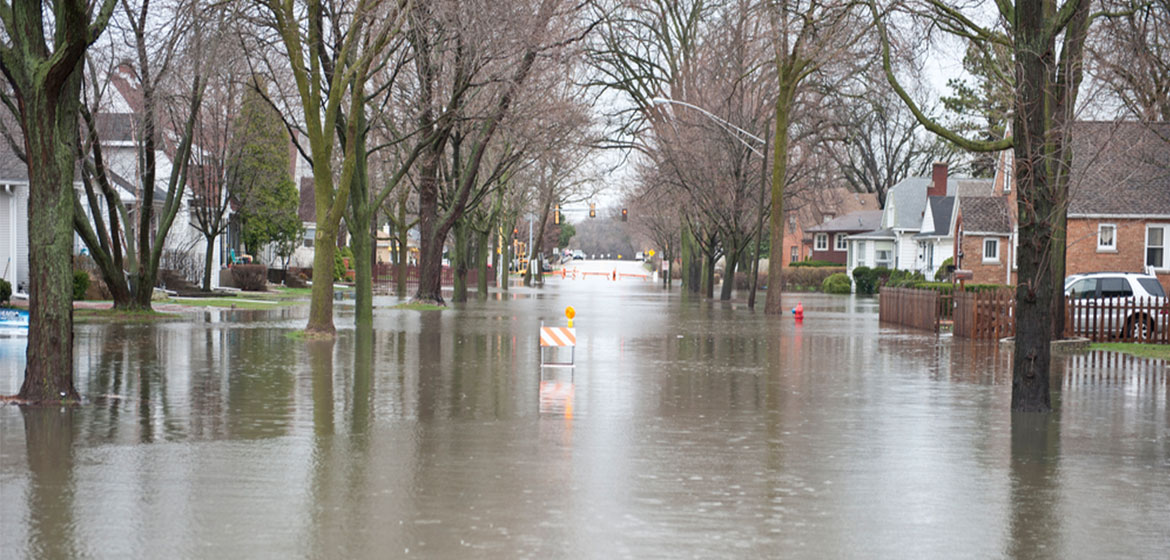10 Things You Should Include In Your Water Damage Report To Ensure A Successful Insurance Claim

Water damage can wreak havoc on your property, causing significant financial and emotional distress. When faced with water damage, filing an insurance claim is often the first step toward recovering your losses. However, to ensure a successful insurance claim, it is essential to prepare a thorough and detailed water damage report. A comprehensive report not only helps expedite the claims process but also increases your chances of receiving fair compensation for the damages. Here are ten crucial things you need to include in your water damage report:
Prompt Action
Act swiftly when you discover water damage to mitigate further losses and enhance your insurance claim. Begin by contacting your insurance provider immediately and informing them about the situation. Document the date and time of your call, the name of the representative you spoke to, and any relevant reference numbers provided.
Detailed Description
Provide a detailed description of the incident that led to the water damage. Include information such as the cause of the damage (e.g., burst pipe, roof leak, flooding), the exact location of the affected area(s), and the duration of the exposure. Be precise and provide as much factual information as possible.
Photographs and Videos
Visual evidence is crucial when filing a water damage claim. Take clear and high-resolution photographs of the affected areas from various angles. Additionally, record videos to capture the extent of the damage and provide a comprehensive visual representation. These visual records serve as strong supporting evidence for your claim.
Documented Damages
Create a detailed inventory of the damaged items, including furniture, appliances, electronics, flooring, walls, and personal belongings. List each item separately and include its age, condition, purchase price, and estimated replacement cost. If possible, provide receipts, invoices, or appraisals to support the value of the items.
Health and Safety Concerns
Water damage can pose health and safety risks to you and your family. Include any health concerns that arose as a result of the incident, such as mold growth, respiratory issues, or injuries. If you had to seek medical attention, document the medical expenses and provide medical reports as evidence of the damages caused by the water incident.
Restoration and Repair Estimates
Obtain detailed estimates from reputable contractors or restoration professionals for the repair and restoration of the water-damaged areas. Include these estimates in your report, along with any temporary repairs or emergency services that were required to prevent further damage. Ensure the estimates are itemized, including labor, materials, and any additional costs.
Supporting Documentation
Gather all relevant documentation related to the incident and the damages incurred. This may include invoices for emergency services, plumbers, or restoration companies, as well as any communication with these service providers. Maintain a record of all receipts, bills, and expenses related to the water damage incident, such as drying equipment rentals or hotel stays during the restoration process.
Witnesses and Testimonies
Record the names, addresses, and statements of any witnesses to the water damage incident. Witness testimony can strengthen the validity of your claim and support your version of events. Request written statements from witnesses outlining what they saw and include them in your water damage report.
Maintenance and Repair History
Include any documentation related to the maintenance and repair history of the affected areas or equipment. This could include service records, inspection reports, or previous claims related to water damage. Providing evidence of regular maintenance can strengthen your case by demonstrating your commitment to property upkeep.
Personal Account and Emotional Impact
Incorporate a personal account of the water damage incident, describing the emotional impact and stress caused by the event. Explain how the damage has affected your daily life, your family, and your overall well-being. By including these details, you can humanize the situation and convey the true extent of the damages suffered.
Remember, when creating your water damage report, be factual, objective, and thorough. Keep copies of all documents, photographs, and videos for your own records. Submit your report promptly to your insurance company, and maintain regular communication to ensure your claim progresses smoothly. By including these ten crucial elements in your water damage report, you can maximize your chances of a successful insurance claim and a fair settlement for the damages incurred.